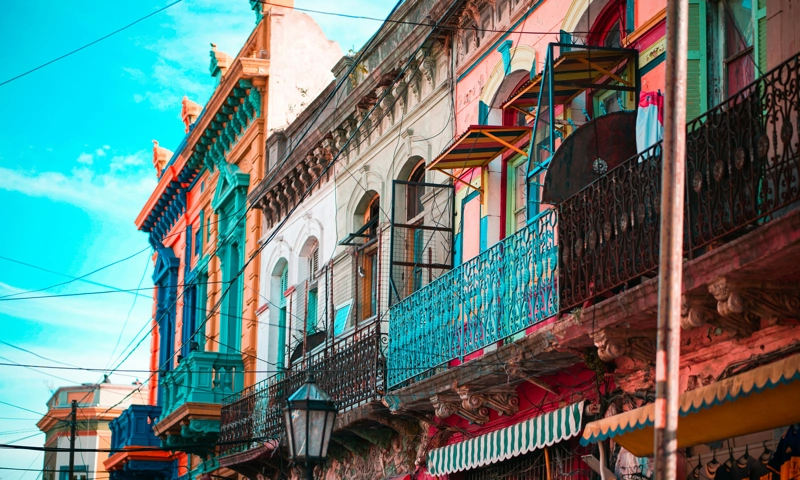Argentina is currently facing significant challenges in terms of its competitiveness within the global tourism industry. The recent devaluation has increased the barriers to attract international visitors. It also highlights the crucial importance that each destination offers within its country.
The first quarter 2025 will see a decline of 25% in international tourism compared with the same period of last year. Europe is the top source of tourists, with 20%, followed by Brazil at 16%.
The impact of this has not been the same across all segments. Certain segments, like business tourism, ecotourism or certain luxury trips are less sensitive to fluctuations in prices and demand has remained stable. The origins of visitors have also changed: Argentina receives significantly less Brazilians while European arrivals increase. These changes affect behaviors such as average stay length, preferences and expenditures, among others. It is important to have a thorough understanding of these factors in order to refine and adapt value propositions.
A destination with a solid offering, a strong cultural identity or natural identity, as well as firmly established positioning continues to attract tourists, and is a preferred option. In contrast, destinations that are less differentiated or in the early stages of development have greater difficulty attracting and retaining tourists in an ever-demanding market.
The hotel industry faces a number of challenges including rising operating expenses, which have been increasing rapidly in recent months. This increase in costs directly impacts the hotel industry’s profitability and ability to maintain a competitive price in a volatile, competitive environment. Effective cost management and optimization of business are vital to ensure operational sustainability and hotel competition.
It is important to hire professionals who can conduct a thorough analysis of your business and provide expert advice.
Key challenges for the tourism sector:
- Pricing and Promotional Optimization Develop packages and offers with value-added features, and encourage bookings by offering discounts and special advantages.
- Infrastructure and service enhancements: Investing to deliver a unique experience that justifies a destination’s worth.
- Promoting Cultural and Natural Identity To attract tourists seeking high-quality, authentic experiences, the country should be highlighted for its diversity and uniqueness.
- Digital Marketing Strategies Use social media platforms, analytical tools and targeted digital campaigns to improve your campaign targeting.
Hoteliers face specific challenges:
- Strategic Revenue Management Adjusting rates in accordance with local and global market conditions, to maintain competition without compromising profitability.
- Segmentation & Differentiation Focusing services and promotions on niche segments.
- Enhancing Guest Experience: Train staff to provide memorable experiences that will encourage loyalty and word-of mouth recommendations.
- Strategic Alliances Increase visibility by partnering with tour operators, digital platforms and travel agencies.
- Innovation and Sustainability Integrating sustainable and technology practices to add value in the competitive landscape and stand out.
The conclusion of the article is:
In order to combat the declining competitiveness of Argentina’s tourism, primarily due to fluctuations in exchange rates and higher hotel operating costs requires a strategic integrated response. The impact is different across segments and areas, so it’s important to tailor strategies for each niche. Addressing these challenges and seizing opportunities will demand more than mere creativity or boldness—it calls for a well-planned, adaptable, and expert-driven approach.

Diego Rodriguez Managing Director, Buenos Aires, Argentina
Diego Rodriguez, Managing director of the Argentine branch, has been in charge of all consulting projects since 2002. Diego is on Facebook. LinkedIn.
This article was originally published on Horwath HTL.


